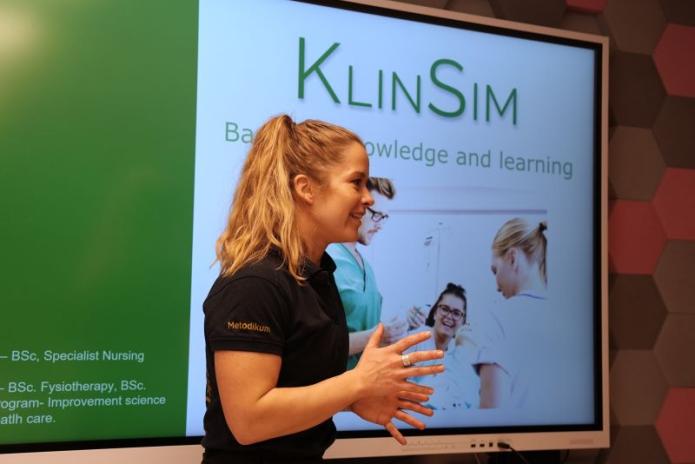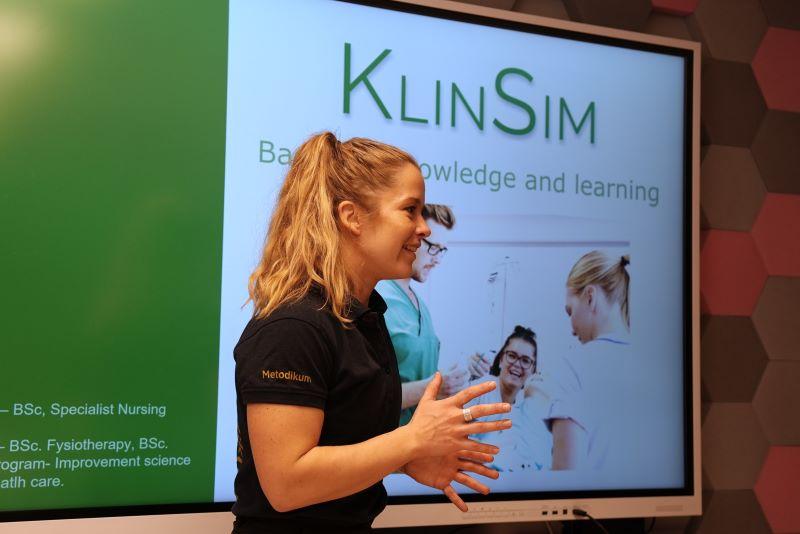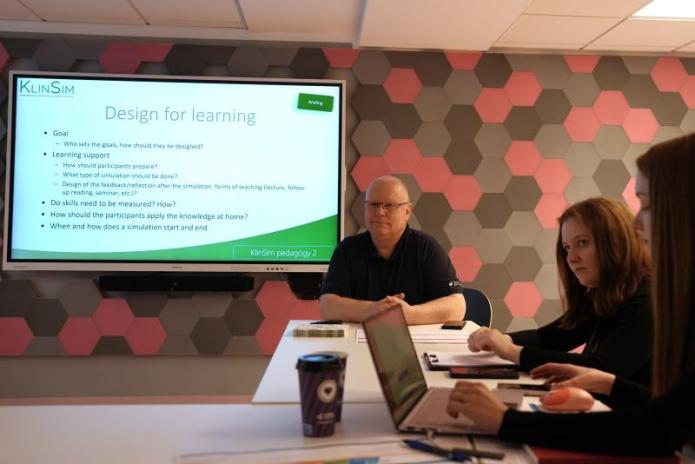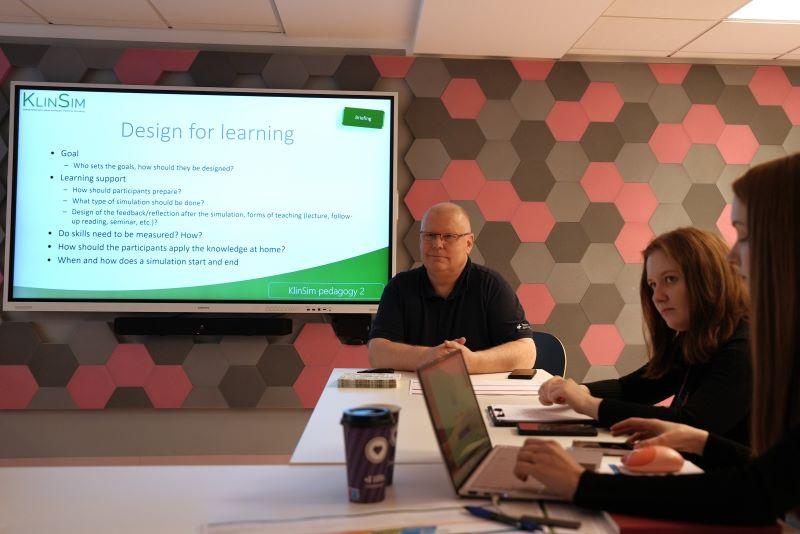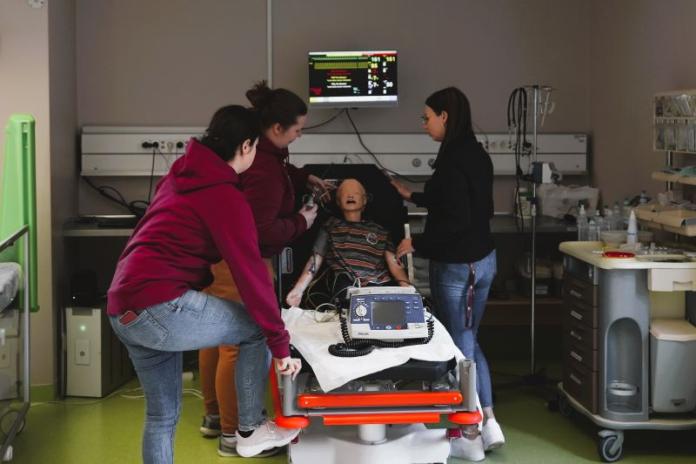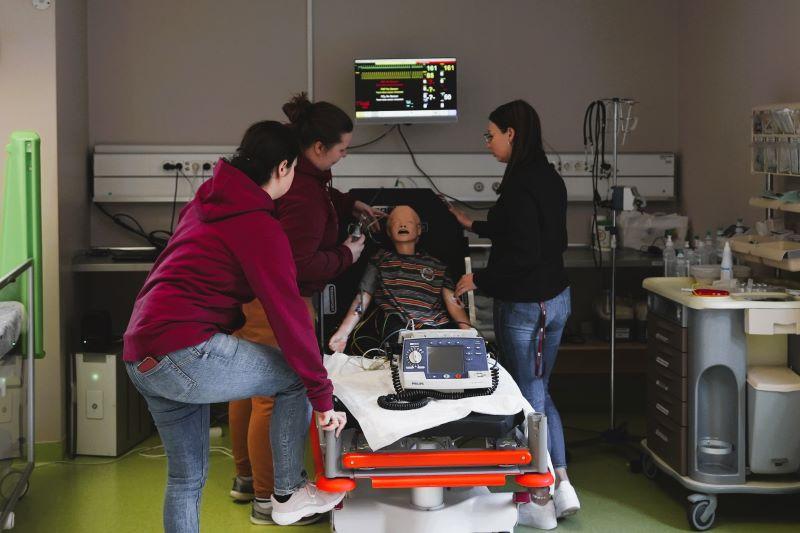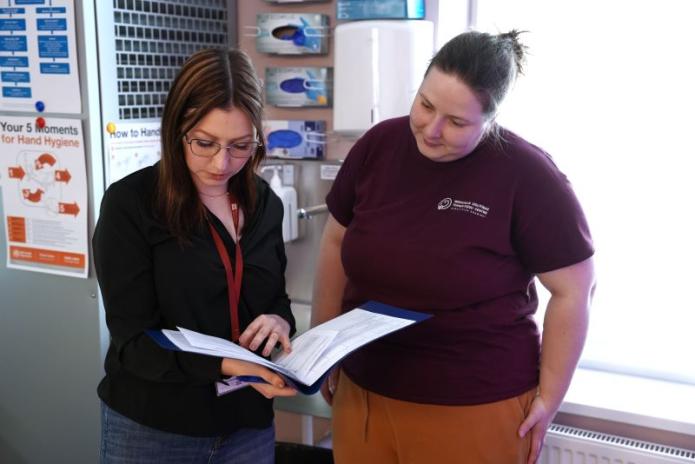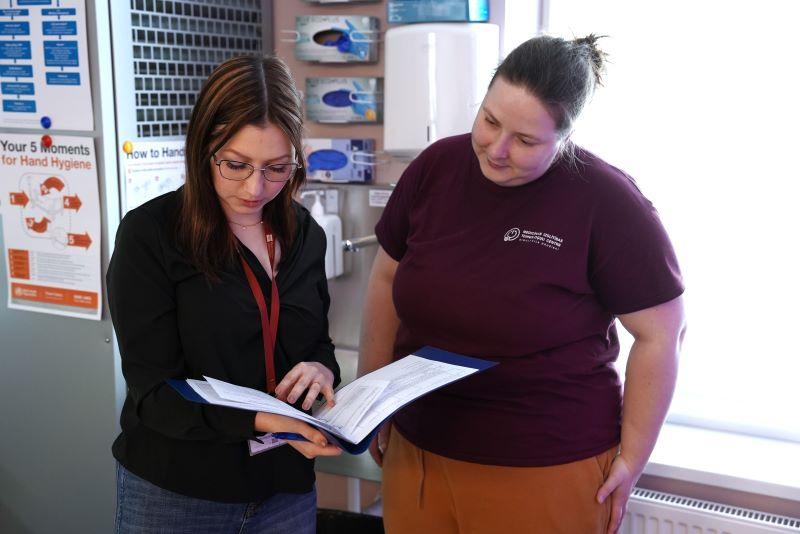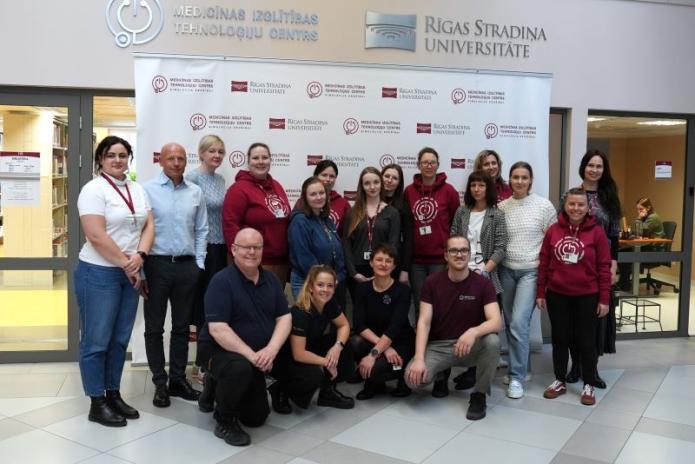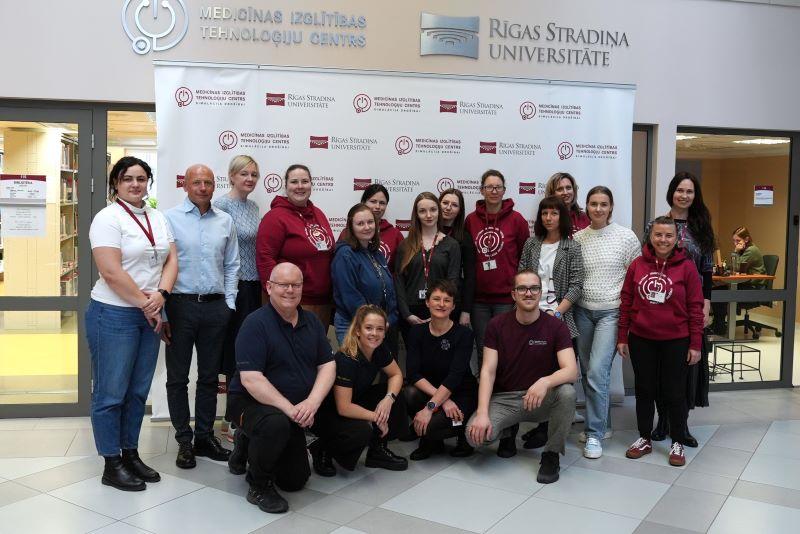METC and Swedish KlinSim Association: new opportunities for improving the quality of medical education
The Rīga Stradiņš University (RSU) Medical Education Technology Centre (METC) of has started an important cooperation with KlinSim, the Swedish Association for Clinical Training and Medical Simulation. This cooperation marks a significant step towards enhancing the quality of medical education in Latvia, opens up new opportunities for teaching staff, and offers access to international knowledge and skills in the field of clinical simulation.
KlinSim is a prestigious organisation that educates simulation specialists from Swedish medical universities and aims to promote research collaboration and education in clinical training and simulation to ensure quality, sustainable, and safe care for patients.
The METC, in collaboration with KlinSim, emphasises the importance of teaching and learning methodologies in medical education. By strengthening the methodological basis of simulation, METC wants to enhance the theoretical knowledge and practical skills of academic staff and simulation instructors.
Aleksandrs Oborins, METC Head of Simulation-Based Education Development, states: ‘This year is the year of quality at RSU, so we decided to strengthen the competence of the METC team to promote quality in the simulation-based education phase of the study process.
The KlinSim training is the first step of the programme planned for this year, and we will soon implement the international simulation instructor certification centre’s EuSim course’.
As part of the study programme, KlinSim representatives KlinSim Chairman of the Board and Development Leader Magnus Berndtzon and Development Leader Matilda Andersson delivered two levels of simulation instructor courses – KlinSim1 and KlinSim2. The KlinSim1 course focuses on developing an understanding of the conditions for teaching and learning, as well as the structure of simulation scenarios. The KlinSim2 course offers in-depth knowledge of instructional design and simulation techniques, preparing participants to run independent simulation instructor-led courses.
The courses were attended by 16 participants from the METC, the Department of Clinical Skills and Medical Technology, and the Department of Nursing and Maternity Care, fostering interdisciplinary collaboration.
Related news
 Teaching future cardiologists: insights from Dr. Philipp at RSU’s Stade BranchFor Students, International Cooperation, Stade
Teaching future cardiologists: insights from Dr. Philipp at RSU’s Stade BranchFor Students, International Cooperation, Stade